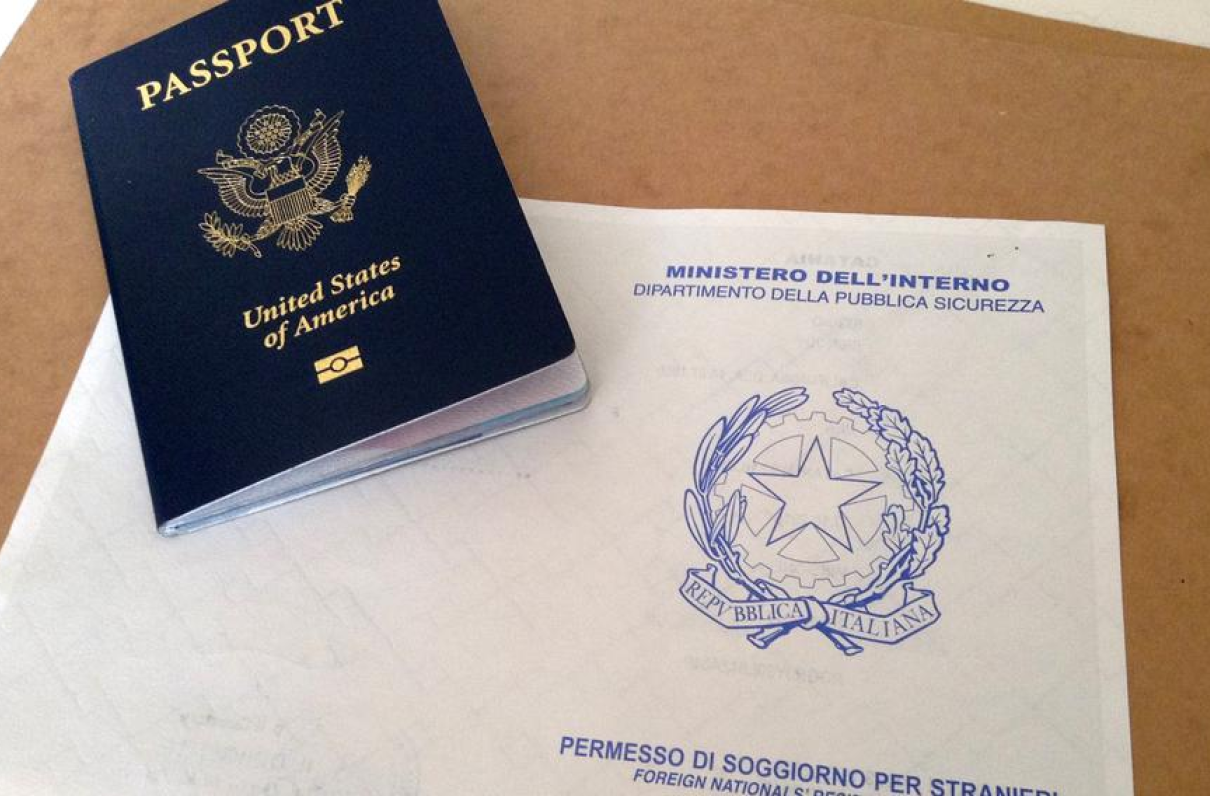This article by Alison Bath originally appeared on Stripes.com. Stars and Stripes serves the U.S. military community by providing editorially independent news and information around the world.
NAPLES, Italy — Spouses and dependents of U.S. service members stationed in Italy will no longer be forced to give up important treaty protections in order to telework for American employers, military officials announced this week.
The change ends more than a decade of policy that forced thousands of spouses of military personnel, Defense Department civilians and Pentagon contractors to choose between continuing their careers or giving up their rights and protections under the NATO Status of Forces Agreement.
The shift came following an Aug. 30 exchange of letters between the U.S. and Italy. Among other stipulations, the letters assure American employers and military dependents that telework is allowed in Italy, Navy Region Europe, Africa, Central said on its website Wednesday.
Similar announcements also were made Wednesday by U.S. Army Garrison Italy and Aviano Air Base. The U.S. Embassy in Rome did not respond Thursday to a request for comment.
[FREE MOAA DOWNLOAD: Military Spouse Employment Guide]
“This changes everything,” said Aurora Venden, a military spouse whose active-duty husband is assigned to USAG Italy in Vicenza. “I have so many more opportunities now.”
Venden has struggled to find full-time work on base, but now she may have the chance at a job with a U.S. company she wants to work for, she said.
Despite her elation, Venden worries that it may be difficult to convince some companies that telework from Italy is possible. Several would-be employers previously told her that virtual work would be allowed only within the continental U.S., she said.
[RELATED: Top Corporations Still Slow to Address Military Spouse Unemployment]
Over the years, many military spouses quit their jobs or chose not to pursue telework opportunities in the U.S., fearing unintended consequences from giving up their SOFA status to seek or maintain employment.
But that meant losing income that often substantially contributed to families’ well-being, pushing some to the brink of poverty, a Stars and Stripes investigation found.
For Bryana Lewis, whose husband is active-duty Army, the possibility of teleworking means her family may no longer have to struggle financially.
Despite putting in dozens of applications for jobs at USAG Italy in Vicenza, Lewis hasn’t found full-time employment. She works two days a week as a substitute teacher at the base school.
“Now I can feel like I can contribute,” said Lewis, who already is searching for telework jobs. “It’s a relief.”
[RELATED: How Successful Are Military Spouses in Getting Federal Contracts?]
Wednesday’s announcement allows families to make informed decisions when they take an overseas assignment, said Beth Conlin, who chairs the board of the Military Spouse Chamber of Commerce and serves as a Blue Star Families adviser.
It also gives hope that similar rules for military spouses and DOD dependents living in other countries, such as Belgium, can be changed, she said.
“If Italy can do this, then we need to take this model and demand it for every other country where we have military families assigned,” Conlin said. “Now is not the time to sit back and think this is done. We have dozens of other countries that we need to approach demanding the same kind of clarity.”
[RELATED: New DoD Program Accelerates Job Opportunities for Military Spouses]
Military spouses and other DOD dependents in Germany may telework without giving up their SOFA protections in most cases. Remote work also is allowed in Bahrain, Japan and South Korea.
But the clarity and reliability of information offered to DOD dependents about their options varies greatly between bases.
Under the exchange of letters, telework by U.S. military spouses and dependents will be governed solely by U.S. employment laws. Those workers retain all SOFA benefits, as well as DOD privileges such as shopping at exchanges and the commissary.
U.S. officials cautioned that although the agreement allows telework for military spouses and other dependents who have a mission visa, it does not affect income tax policy, so workers could be liable for both Italian and U.S. taxation.
However, a double-taxation treaty in effect between the two countries could lessen the burden, USAG Italy said in a fact sheet presented with its announcement. Income from federal, state and local government jobs is not taxable in Italy, officials pointed out.
The agreement excludes telework for an Italian employer. It also doesn’t cover home-based businesses that sell food, crafts or other items to customers on bases in Italy, according to a fact sheet posted at the USAG Italy website.
Support The MOAA Foundation
Donate to help address emerging needs among currently serving and former uniformed servicemembers, retirees, and their families.


